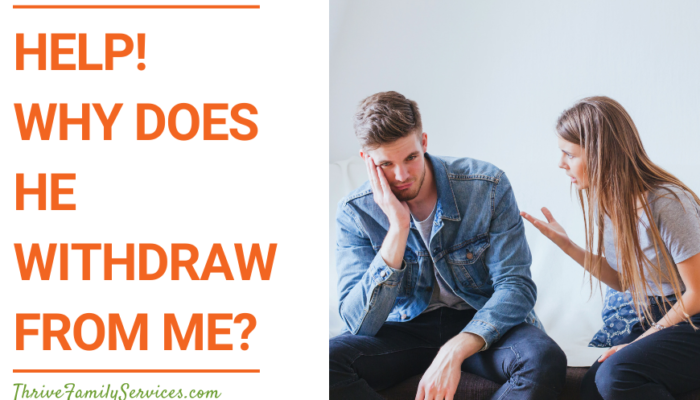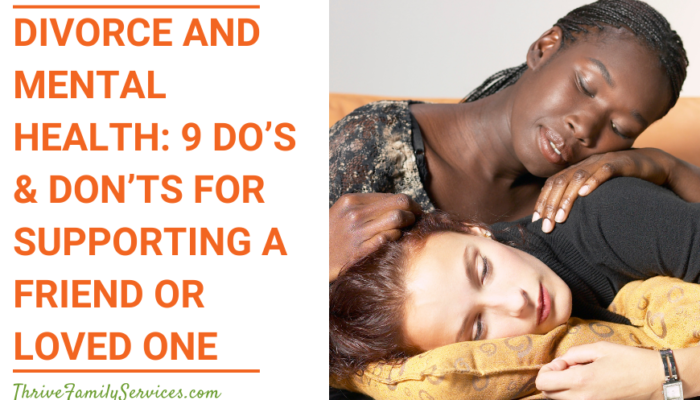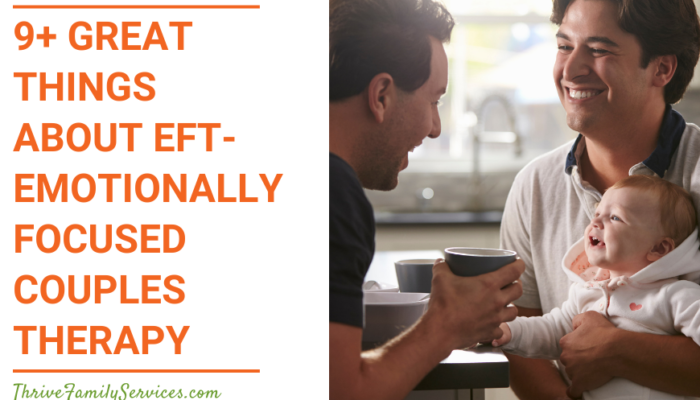Which are you? Withdrawer or Pursuer?
Many relationships have one partner that tends to withdraw, and another that tends to pursue the withdrawing partner. To make it simple, I’ll describe “him” as the one who withdraws, and “her” as the one who pursues, though in truth, pursuing and withdrawing isn’t gender-based. Same-sex couples too can have one partner withdrawing and one pursuing most of the time.
Perhaps there are times in your relationship when your partner seems to walk away from you, often when one of you starts to get upset. It may feel like you simply cannot reach him. You wonder: “Why can’t you just tell me what you think?” or “Why do you pull away from me?”; “Do you even love me?” You might start to worry and conclude: “You must not care!” At moments when you call and he doesn’t respond, you may feel super frustrated, ignored, but also, very alone.
Pursuers
If your way of handling those lonely and ignored feelings is to talk it out and resolve it with your partner, no matter what, you might be the Pursuer. You may initiate conversation or bring up issues your partner to try to make him respond. You might get louder or really start to ramp up your protest if he seems to be withdrawing. When you up the ante, you might have noticed that these are the very times when your partner shuts down and withdraws even more.
Why does he withdraw?
You might be afraid of why he withdraws from you and what he must be feeling about you. It is very normal for those answers to be quite scary: “He must not care,” “He doesn’t want to be with me,” or “He doesn’t know how to communicate.” You may perceive him as lacking consideration, care, and communication skills.
Withdrawers
It is very unsettling and scary when you cannot reach your partner. However, we often figure out in couples counseling that there are very different reasons why he might withdraw. Here are common motivations underneath his withdrawal:
- An attempt to avoid the conflict out of fear of not knowing how to resolve it
- An attempt to tone down the emotional intensity of the argument
- An attempt to protect oneself from feeling criticized or overwhelmed
It is not that Withdrawers don’t care! In fact, because they care so much, when you are upset with them, they are deeply impacted and the only way that they know how to cope is by shutting down.
What do Withdrawers feel?
When we see couples, we create a space for Withdrawers to help them understand their feelings just before they decide to “exit” the moment emotionally. Often, they start talking about feelings of failure.
When your partner feels like he might be failing in the relationship, it is not unusual to have a secondary fear of losing the relationship because of his failure. Brent Bradley and James Furrow in their book “Emotionally Focused Couple Therapy for Dummies” said:
“Fear of failing as a partner—of not measuring up—lies at the heart of a lot of withdrawing behavior.”
How Emotionally Focused Couples Therapy Can Help
There are other significant fears Withdrawers have, though they may not share them. In Emotionally Focused Couples Therapy, I help your withdrawing partner talk about these fears so that YOU can start understanding and feeling how much they truly do care and love you!
- Fear of being rejected
- Fear of not being “emotionally enough”
- Fear of not being a good enough provider, lover, parent
You Might Start to Feel Vulnerable
What is tricky and confusing, however, is that if your partner withdraws, you often don’t know what is going on emotionally for him. It can be hard to believe at first that he might be scared of losing you. When he withdraws, you might start to feel scared, lonely or hurt (or all three). It is important to begin to share those feelings with a soft tone and vulnerable feeling, but make sure you do it outside of one of your stuck moments as a couple. Try sharing with him when things feel calm, and reassure him that you’re sharing because you love him and want to improve your communication and relationship.
We know that many Withdrawers feel their own vulnerable feelings too! They just may not share it as obviously or frequently. Or if they do share their feelings, it may come across as defensiveness, blaming, or criticism. Now that you know what may be going on for your withdrawing partner, you might have a little more empathy for him when you get caught in an argument.
Stay tuned. Next, we will describe what is happening under the Pursuing partner’s criticism, nagging or “neediness.”
If you recognize this Pursue/Withdraw pattern in your relationship and are seeking Greenwood Village couples therapy, call us at 303-513-8975 or use our online scheduling system.
We hope you enjoyed this guest post by Marta Kem, LMFT of Vibrant Couples & Family Counseling. Marta is a Couples Therapist who uses Emotionally Focused Therapy (EFT) in Westminster, CO. Call Marta @ 303.898.6140.
Sign up to receive our latest blog posts.





